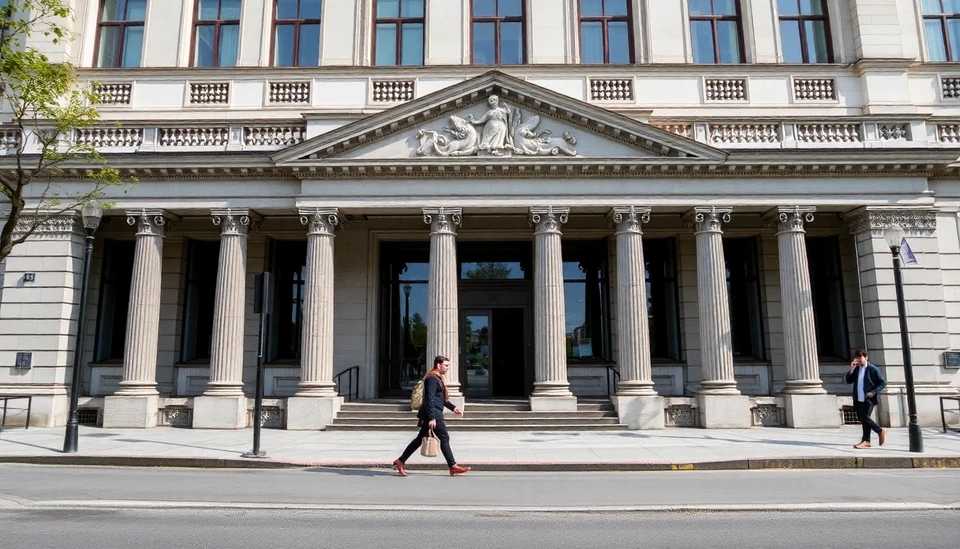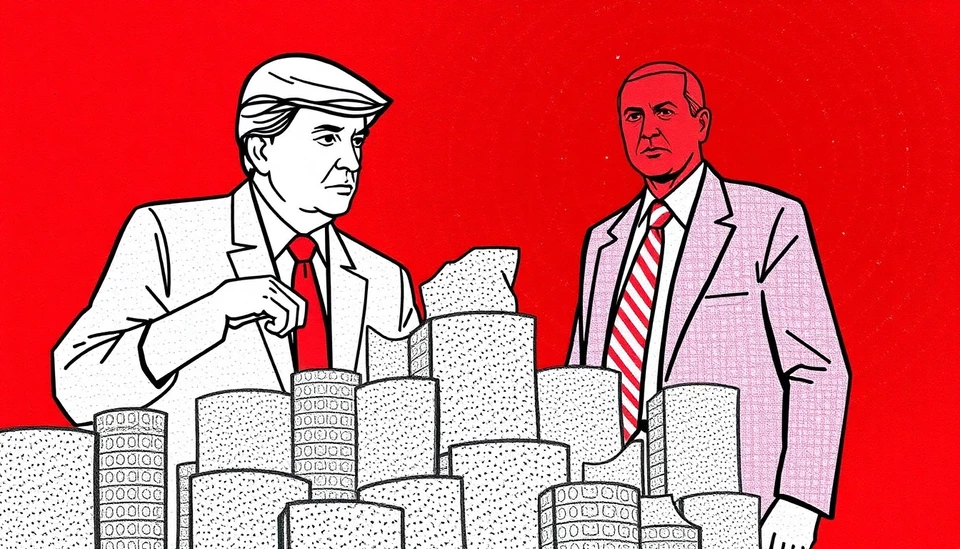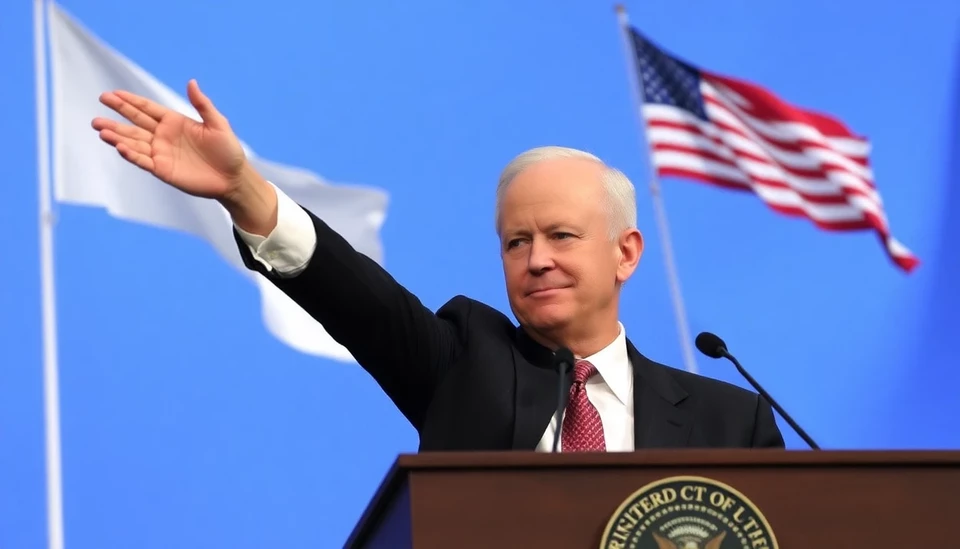
Impact of New Tariffs: Nike and Adidas Shoes Set to Become More Expensive
In a significant development concerning the retail and footwear industries, the recent implementation of tariffs on a variety of imported goods is poised to increase the prices of athletic footwear brands such as Nike and Adidas. This financial shift comes as the U.S. government seeks to exert greater control over international trade, particularly from countries identified as unfair trade partners.
Continue reading
Peru's Inflation Rate Slows to 1.28% in March, But Falls Short of Forecasts
In a recent financial update, Peru's inflation rate recorded a decrease, landing at 1.28% in March. This figure, though indicating a slowdown, was still below the expectations set by economists who had predicted a more significant drop. Many analysts were looking forward to inflation rates easing further amid a backdrop of economic recovery in the region.
Continue reading
Slowing Inflation Fails to Alleviate ECB's Concerns Amid Trump’s Influence
Recent data indicates a notable deceleration in inflation within the Eurozone, presenting a glimmer of hope for monetary policymakers. However, this development has not significantly eased the concerns surrounding the European Central Bank (ECB), especially in light of potential political shifts influenced by figures like Donald Trump.
Continue reading
Polish Inflation Poses Challenges for Central Bank's Hawkish Stance
Recent economic reports indicate that Poland is grappling with persistent inflation, which is stirring doubts regarding the central bank's aggressive monetary policy strategies. The inflation rate has shown signs of resilience, leading economists to reassess the effectiveness of the National Bank of Poland's (NBP) measures aimed at controlling price increases.
Continue reading
No Clear Victors in Trump's Proposed Car Import Tariffs: Wedbush Predicts Economic Fallout
In a bold and contentious move, former President Donald Trump has revived discussions surrounding imposing tariffs on imported vehicles. The decision, if enacted, is expected to have significant and far-reaching consequences for the automotive industry, U.S. consumers, and the overall economy. Analysts at Wedbush have described this potential tariff implementation as a precursor to an "economic Armageddon."
Continue reading
Australia's Inflation Rate Declines, Strengthening Case for Interest Rate Cuts
In a promising turn of events for Australian consumers, the nation has recently reported a noticeable decline in monthly inflation rates, sparking speculation about potential interest rate cuts by the Reserve Bank of Australia (RBA). According to the latest data, inflation pressures appear to be easing, which could provide much-needed relief amidst a backdrop of rising living costs.
Continue reading
Will Trump's Tariffs Fuel Inflation? Understanding the Economic Implications
In a move that is stirring significant debate among economists and policymakers, former President Donald Trump is contemplating the reinstatement of tariffs on various imports. The potential reintroduction of these protective tariffs raises critical questions about their impact on inflation and the broader U.S. economy. This scenario is unfolding amidst rising concerns regarding the persistence of inflation rates, which have been impacting consumers and businesses alike.
Continue reading
Powell Revives 'Transitory' Inflation Discussion Amid Tariff Talks
In a recent address, Federal Reserve Chair Jerome Powell sparked renewed discussion surrounding the term "transitory" in the context of inflation, specifically emphasizing the role of tariffs on pricing. His remarks at a panel highlighted concerns around how the ongoing trade policies are influencing consumer prices and inflation metrics across the economy.
Continue reading
South African Inflation Steady as Central Bank Prepares for Rate Decisions
In a noteworthy development for South Africa's economy, the country has reported steady inflation figures, which may lead to a pause in interest rate hikes by the South African Reserve Bank (SARB). This comes at a crucial time when financial markets are closely watching the central bank’s moves in response to ongoing economic pressures.
Continue reading
Canada's Inflation Rate Rises to 2.6% Amidst End of Sales Tax Breaks
In a notable economic shift, Canada has reported a rise in its inflation rate to 2.6%, attributed mainly to the conclusion of temporary sales tax reductions aimed at easing the cost of living. The increase marks a significant turn from the previously lower rates experienced, raising concerns among both consumers and policy-makers.
Continue reading